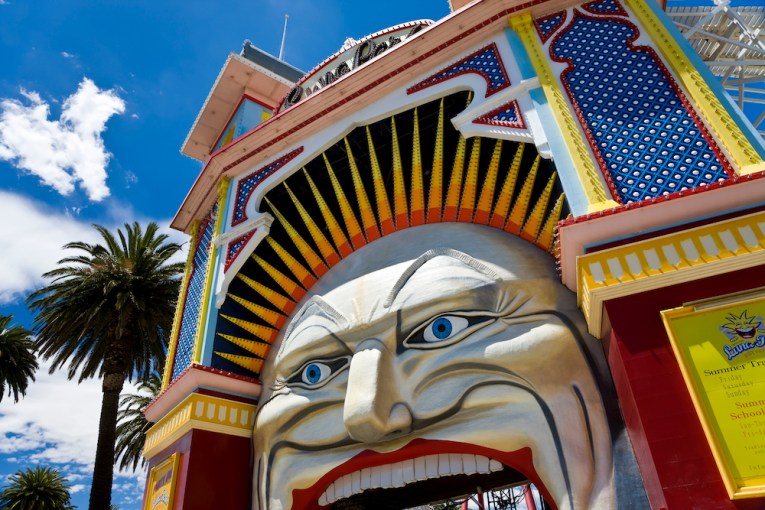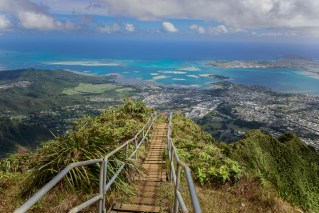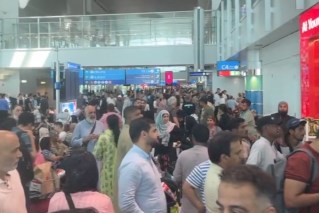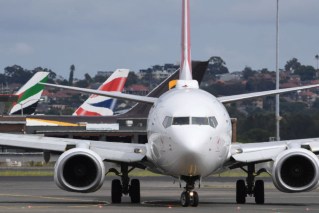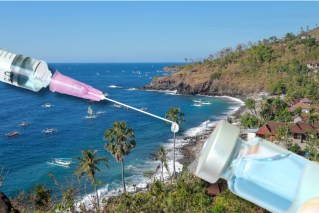Here’s how airports are taking us for a ride
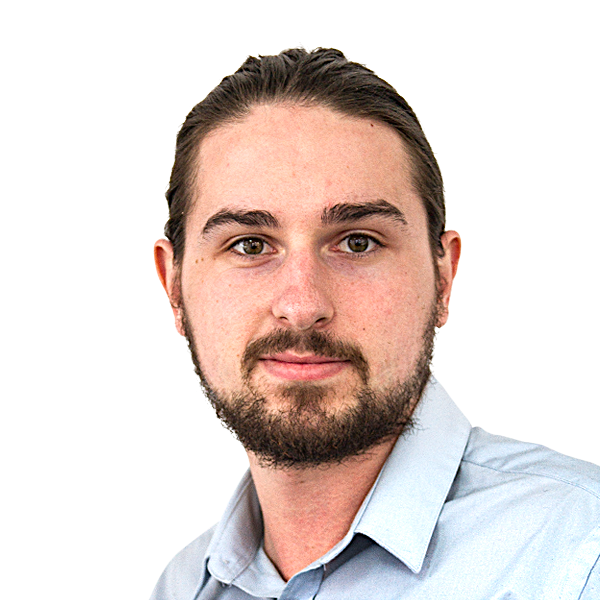
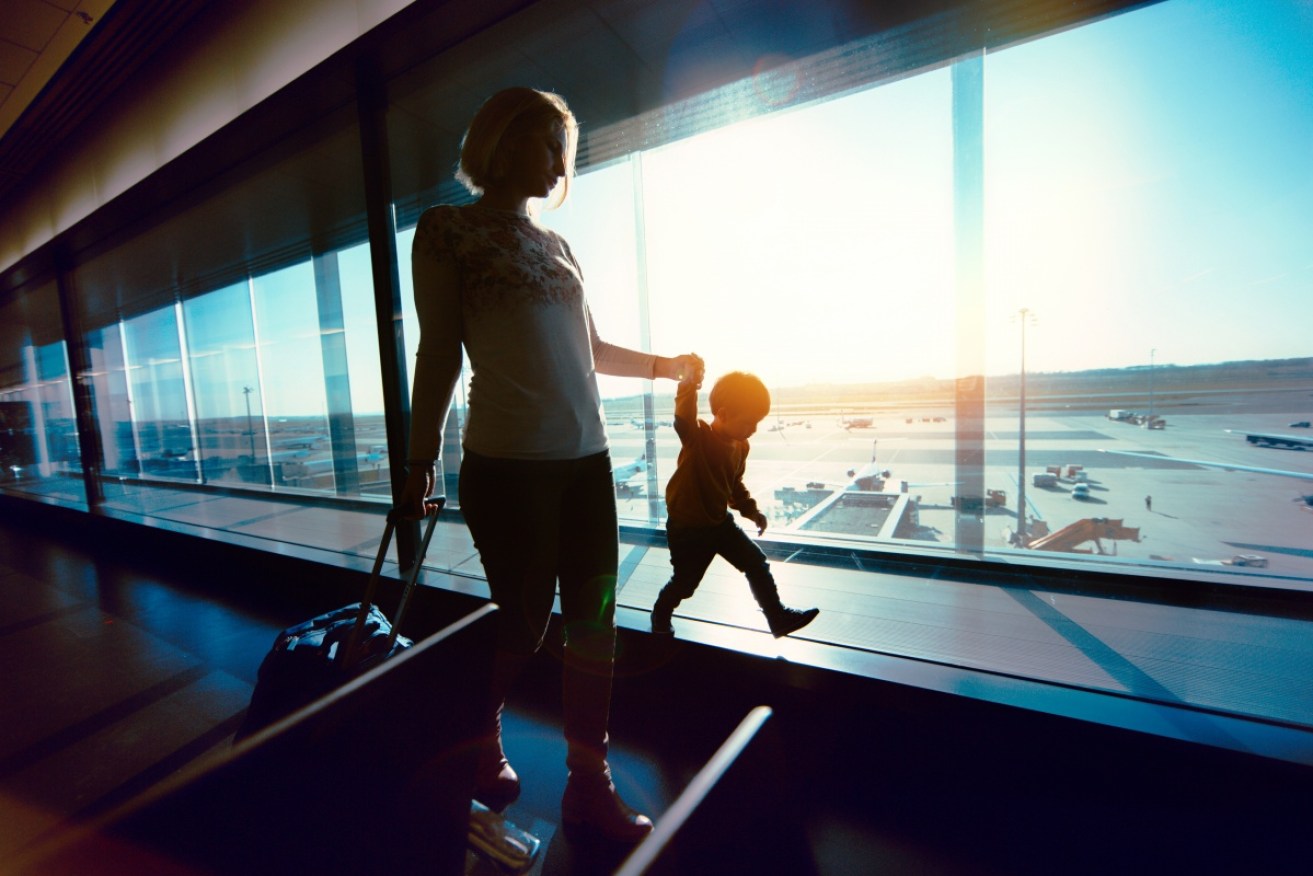
The competition watchdog has found airports are making a killing from car parking. Photo: Getty
Airports across Australia made significant profits from car parking in 2015/16, as the national consumer watchdog questioned their commitment to cost control.
The Australian Competition and Consumer Commission’s (ACCC) latest report into Australia’s four biggest airports – Sydney, Melbourne, Brisbane and Perth – found the businesses profited up to 73 cents per dollar from parking, despite margins easing slightly.
It also found passengers paid up to $1.6 billion too much for airport access since the last financial year – an increase of 80 per cent since 2006-07.
Two of the airports reported a slip in their profit margin from car parking, but according to experts their returns remain high enough to cause concern.
“They can pretty much charge what they want to, because it’s a small commodity,” CQ University head of aviation Ronald Bishop told The New Daily.
“It sounds like they are overcharging some, but that’s because they can. Where else are you going to park?” Mr Bishop said. “You’re paying for convenience and you’re paying because they are a monopoly and they can charge you what they want.”
Melbourne Airport continued to collect the most parking revenue with $135.3 million, a profit of $79.9 million or $5226 per car space. The massive profit came despite a 17.7 per cent decrease in car parking profit.
Sydney Airport was a close second with $133.8 million in revenue including $97.8 million from car parking. It profited most per space, making $8395 for $6138 in profit a year.
Brisbane Airport ($89 million) saw the biggest increase in revenue from 2014-15 with a 3.8 per cent rise, while Perth ($63.6 million) recorded marginal revenue in comparison, slipping 3.7 per cent.
ACCC chairman Rod Sims described the airports’ car parking profit margins as “quite amazing”, and said they get away with such high charges because they also slug taxis, hire cars and shuttle buses with large, and rising, fees to access the airport for drop-offs and pick-ups.

Sydney Airport earned a substantial $6138 profit per car space. Photo: AAP
“Their access charges have gone up quite a lot, so the airports don’t face much competition,” Mr Sims told ABC.
“It’s a great position to be in where you can have this near monopoly car parking and also make it more difficult for your competitors.”
Mr Bishop said Australian airports need to be investigated to make sure “they are not gouging the consumer” – which they could already be doing.
“If it costs you so much to provide that product and that’s what you charge, fair enough. But you’re just doing it to make money hand over fist then someone needs to look at it and find out what a fair price is,” he said.
“Just because you have a monopoly doesn’t mean you should be allowed to be basically gouging users.”
Melbourne Airport charges taxis $3.58 for access. The entry charge is expected to add $7 million in revenue each year, the ACCC discovered.
However, the ACCC also found that consumers booking online can take advantage of substantial discounts compared to drive-up prices, particularly for long-term parking.
“Booking online can deliver the best value car parking deals. In comparison, those who do not pre-book must pay drive-up prices which can be double that of online prices,” Mr Sims said.
Long-term car parking at domestic terminals are discounted by 47 per cent on average, the ACCC found.
On average, drive-up prices charged $150 for seven days in Brisbane, $99 in Melbourne and $137 in Sydney. Online users paid $70.31, $65.83 and $98.12 respectively for the same period.
ACCC calls for airport regulation

Melbourne Airport turned over $79.9 million profit from car parking in 2015-16. Photo: AAP
The annual report keeps tabs on profit levels to protect against potential exploitation by the airports of their privatisation, with chairman Sims calling for regulatory powers to limit price increases.
The ACCC found airports have been able to steadily increase their charges to passengers and airlines, in part because incentives to keep costs down are insufficient.
“They’re completely unregulated. Various governments over time have set them up that way. We’ve suggested a bit of regulation over time but governments have said they’d rather they stay unregulated,” Mr Sims told the ABC.
The report stated airports may have incentives to obstruct competition from alternatives to on-airport car parking by imposing excessive charges, shifting demand to an airport’s own car parking services.
